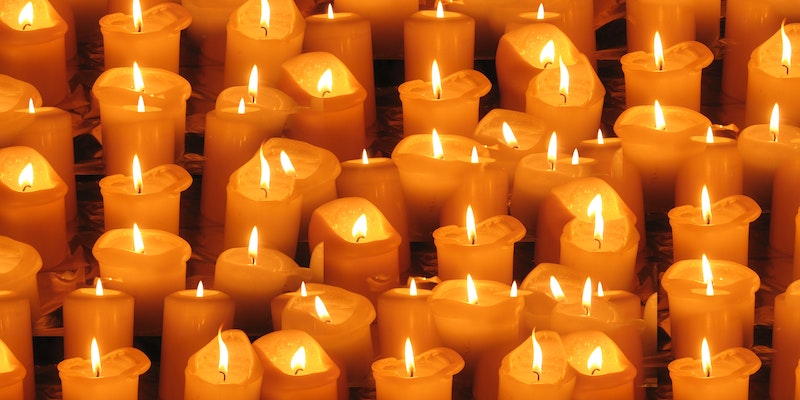- Contact Us Today
- (937) 278-4287
- lgfuneralhome@gmail.com
How People Process Grief Differently

The Difference between Graveyards and Cemeteries
November 18, 2019
Common Mistakes Executing Wills
December 2, 2019After cremations as part of the cremation services offered in Dayton, OH, each family member and friend of the love one who has died will have a grieving process. However, the odds are good that each person’s will be very unique in its intensity, manifestation, and length (grief never disappears, but it changes as time passes).
Grief itself may have different faces. When someone we love is suffering with a terminal illness, we experience grief in anticipation of losing them to death and what life will be like without them. When someone we love develops dementia, we have grief over losing the person we knew and them losing us.
When someone we love has physiological damage that is a result of long-term substance abuse, we grieve continually as we see their vibrancy and coherence deteriorate in slow motion until they finally die. When someone we love dies as a result of drug overdose or commits suicide, we have grief that is strongly punctuated with questions, regrets, and guilt.
How our family members and friends, for instance, manifest these different faces of grief can often be bewildering, especially if it’s radically different from the way we are experiencing it.
That’s because society and neuroscience, until recently, has had a pat formula for what grief looks like. That has been drilled into our consciousness by books, movies, and television shows. It’s can be a bit disorienting, initially, when we find our grief – and the grief of those closest to us – doesn’t match up with what and how we’ve been conditioned to believe it is supposed to be.
One of the best and deeply-insightful portrayals of these different kinds of grieving in a family is presented in the movie, Ordinary People, starring Donald Sutherland (Calvin), Mary Tyler Moore (Beth), and Timothy Hutton (Jared). Each of these family members grieves differently, and eventually, it tears them apart.
Some people can seem not to grieve at all when a loved one dies. They seem to simply go on with life without missing a beat, and never think of or talk about the loved one who died at all. What goes on really people like this? It’s impossible to know, but we can’t be sure that they are not actually grieving in some very private way.
Some people grieve hard and fast, and then move forward. They remember their loved one and talk about them for a while, but eventually they either forget or don’t acknowledge birthdays, anniversaries, and the date of death.
Some people grieve hard and slow. It can take them a very long time to emerge from the never-ending sorrow and sadness of losing someone they love. They, even though many years pass, remember birthdays, anniversaries, and the date of death. They usually acknowledge those days for the rest of their lives in a way that gives them comfort.
There are certainly variations and degrees of these three main differing ways of grieving, but people tend to grieve in one of these three overarching ways, even within families. Not understanding that grief isn’t simple and it isn’t uniform can cause family members to criticize each other for the way they are – or are not – grieving the loss of a loved one. We need to try, instead, to recognize we’re all different and all grief is different.
For more information on grief resources as part of cremation services offered in Dayton, OH, our caring and knowledgeable staff at Glickler Funeral Home & Cremation Service is here to assist you. You can visit our funeral home at 1849 Salem Ave., Dayton, OH 45406, or you can call us today at (937) 278-4287.




